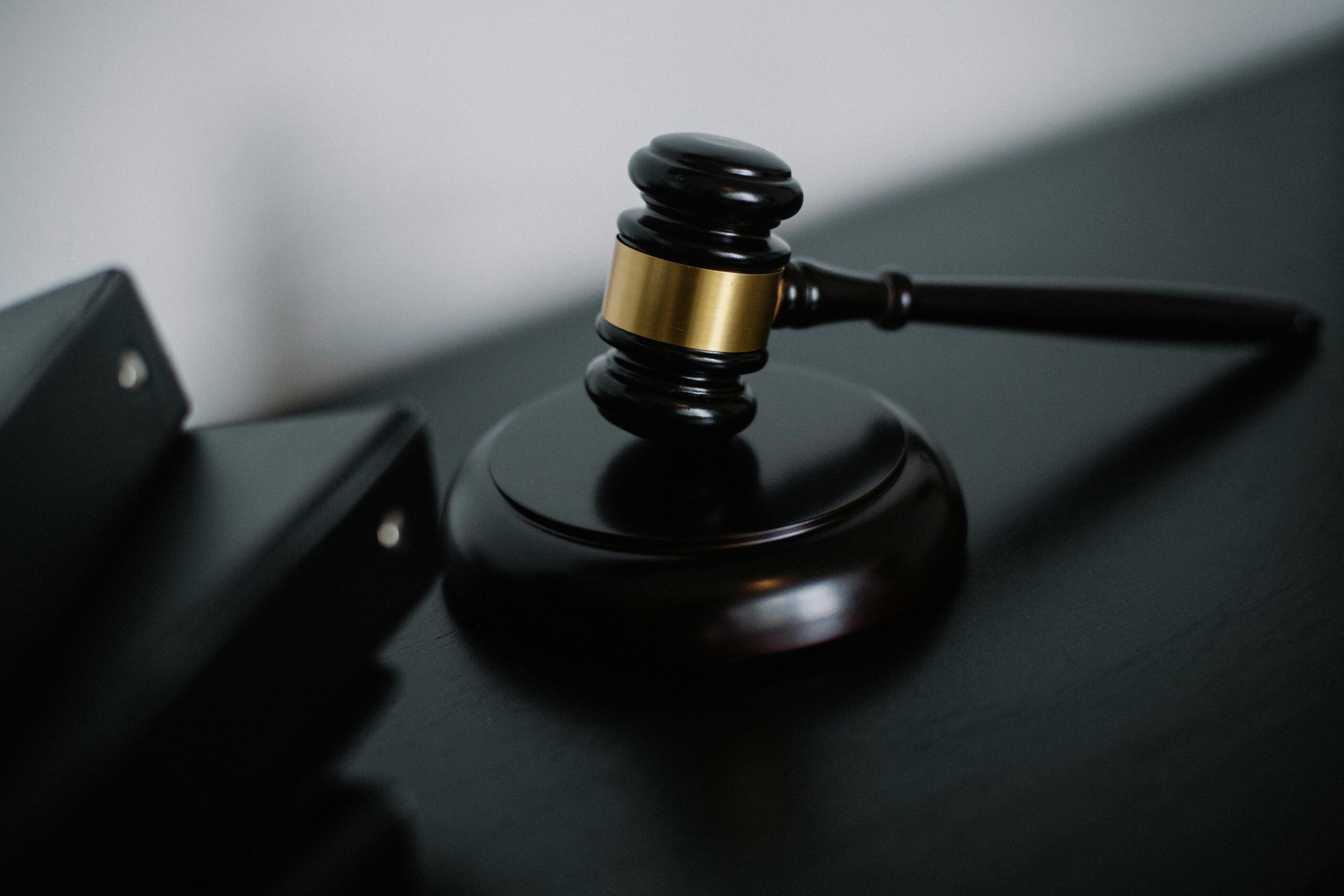The Federal Court, under Rule 137 of the Rules of Federal Court 1995, is empowered to review its earlier decision. But in exercising the power, a careful balance must be struck between the need to uphold justice and to ensure finality in litigation. Only in limited circumstances can the apex court exercise its jurisdiction to review.
In view of the latest Federal Court’s decision dismissing former Prime Minister Najib Razak’s motion to review his conviction, it is high time to revisit the case of Datuk Seri Anwar Ibrahim v Government of Malaysia & Anor [2021] 6 CLJ 1 on a similar application.
Background Facts
Our current Prime Minister, Datuk Seri Anwar Ibrahim (”DSAI”), previously filed an originating summons (OS) against the Government of Malaysia to declare the National Security Council Act 2016 (”NSCA 2016”) unconstitutional.
The matter was referred to the Federal Court for determination pursuant to section 84 of the Courts of Judicature Act 1964.
A panel of seven judges heard the matter and declined to answer the constitutional questions on the ground that DSAI had no locus standi to commence the OS. Consequently, the Federal Court viewed that the constitutional questions were abstract, academic, and hypothetical.
However, the issue of locus standi was not raised by either of the parties, and DSAI had no opportunity to address the court on that issue.
Hence, DSAI contended that there was a breach of natural justice, and the breach had resulted in grave injustice. A review application under Rule 137 was therefore commenced.
Federal Court’s Findings
The Federal Court opined that DSAI was not given notice nor the opportunity to answer the issue on locus standi. In the circumstances, there was a breach of natural justice.
And as a result, DSAI suffered a grave injustice because he could not file any further proceedings on the same issue, given the operation of the doctrine of res judicata. Even worse, DSAI and all other similarly circumstanced persons would also be barred from filing similar proceedings.
Hence, the Federal Court ordered a rehearing of the matter and set aside the earlier Federal Court’s decision.
Federal Court’s Power to Review
Rule 137 of the Rules of Federal Court 1995 reads:
Inherent powers of the court
For the removal of doubts it is hereby declared that nothing in these Rules shall be deemed to limit or affect the inherent powers of the court to hear any application or to make any order as may be necessary to prevent injustice or to prevent an abuse of the process of the court.
The Federal Court, being the apex court and the court of last resort, has the inherent jurisdiction to prevent injustice and abuse of process. Nonetheless, the power is to be exercised on the rarest occasion and should not be abused as a backdoor mechanism to relitigate the merits of concluded matters.
Public Interest
While public interest demands finality in litigation, there may also be instances where the facts demand the Court to act to prevent injustice. The Court cannot “fold its arms and say to the litigant: it is most unfortunate for you but we will do better next time.”
But at the risk of repetition, reviewing an apex court’s decision is limited to rare and exceptional circumstances. There are limited grounds established by case law. The door, however, remains open, and the grounds for review may be extended depending on the facts of each case.
Hence, justice must prevail over finality when there is injustice or abuse. This, in turn, will ensure public confidence in the judiciary.
Why is Public Confidence Important?
Public confidence is subjective and immeasurable. It is not susceptible to exact proof, short of conducting polls. But even then, it falls into a matter of perception. In other words, the manner in which citizens perceive judicial decisions will affect public confidence in the judiciary.
Despite that, there are identifiable factors which may lead to higher confidence and vice versa, one of which is the independence of the judiciary.
Thus, it is crucial that there are no dual standards of justice. Everyone should be equal under the law, failing which there will be wholesale distrust and derision.
The counterargument is that the Court’s decision should not be viewed as a popularity contest. Unlike members of the Parliament, securing popular votes or abiding by popular opinions should not be the manner in which the Courts administer justice.
However, as expounded by renowned French novelist and playwright Honore de Balzac: “To distrust the judiciary marks the beginning of the end of society”.
Hence, public confidence in the judiciary remains the pillar of society.
Bearing in mind that judges are humans, they are constrained by human fragility and imperfections. Errors are inevitable; rectification will enhance public confidence when such errors lead to grave injustice.
Grave Injustice
To determine whether grave injustice has been occasioned, the Federal Court should consider whether the aggrieved person has been left without any effective alternative remedy.
However, injustice is not dependent on the litigant’s perception, as there is a predisposition to cry injustice if the litigant does not secure the desired outcome. Conversely, the injustice complained of must be plain and obvious, which is to be ascertained from the face of the record. The merits of the case should not be considered.
This article does not offer any legal advice and may not be applicable to your circumstances. Kindly consult a lawyer to seek legal advice.




